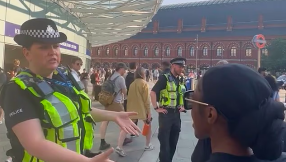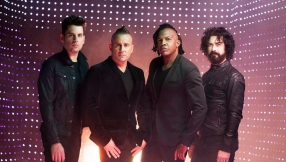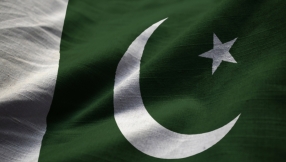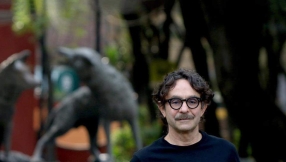Religious Conflicts - International Community’s Biggest Challenge
Martin said at an interfaith conference at McGill University, "You can sit down to discuss economics, you can discuss politics and in fact, there is normally a rational background that one can approach logically, but when religious differences are allowed to keep us apart, there is no logical way to deal with it."
The interfaith conference was attended by over 200 academics from a range of countries including Canada, India and America. The conference marked the 400th anniversary of the Sikh scripture, the Guru Granth Sahib, and was also used to hear from representatives from Christian, Buddhist, Hindu, Islamic on justice and the universal movement.
Religious conflicts have engulfed the world over the years, and currently there are conflicts ongoing in Kasjmir, the Middle-East, Sudan, and Martin praised inter-faith meetings that brought religious communities together.
"The breakup between people on account of religion is not simply limited to one region of the world," he said. "But it is part of our history and, unfortunately, it is part of our present. I hope that the discussions (going on in the conference) mean that my successor, when he or she goes to the United Nations, will not have to spend time there talking about the religious differences that keep us apart."
The Canadian Prime Minister departed for the UN on Monday and will tomorrow (Wednesday) address the General Assembly.
Irwin Cotler, who is the Justice Minister, and delivered the conference’s keynote address urged religious communities to partake in a greater degree of dialogue to give protection to universal human rights:
"This conference takes place against a global back drop that could be described as both a human rights revolution and a counter revolution.
"We've had the best of human rights protections on the books but yet the worst of human rights violations on the ground," he said.
"We have been witnessing brutal forms of religious and ethnic conflict that have led to tragic, humanitarian tragedies. Religious communities should reclaim the human rights voice within their (own faiths).
"We need to involve religion in the greater human rights culture."
However, Rev. Darryl Gray, a Union United Church pastor said that the government stil had not gone far enough to encourage and influence religious tolerance. In particular Gray, who is also the head of the English-Rights group Alliance Quebec, put forward the point that the government should have done much more since the 9/11 attacks.
"Canada was built with immigrants and refugees but we are seeing a disproportionate amount of racial profiling," he said.
"We look at people, see a turban or a Muslim, and perceived them as a villain or a terrorist. Even 10 years ago, Canada was a champion of human rights. Now, it is no longer that champion."













